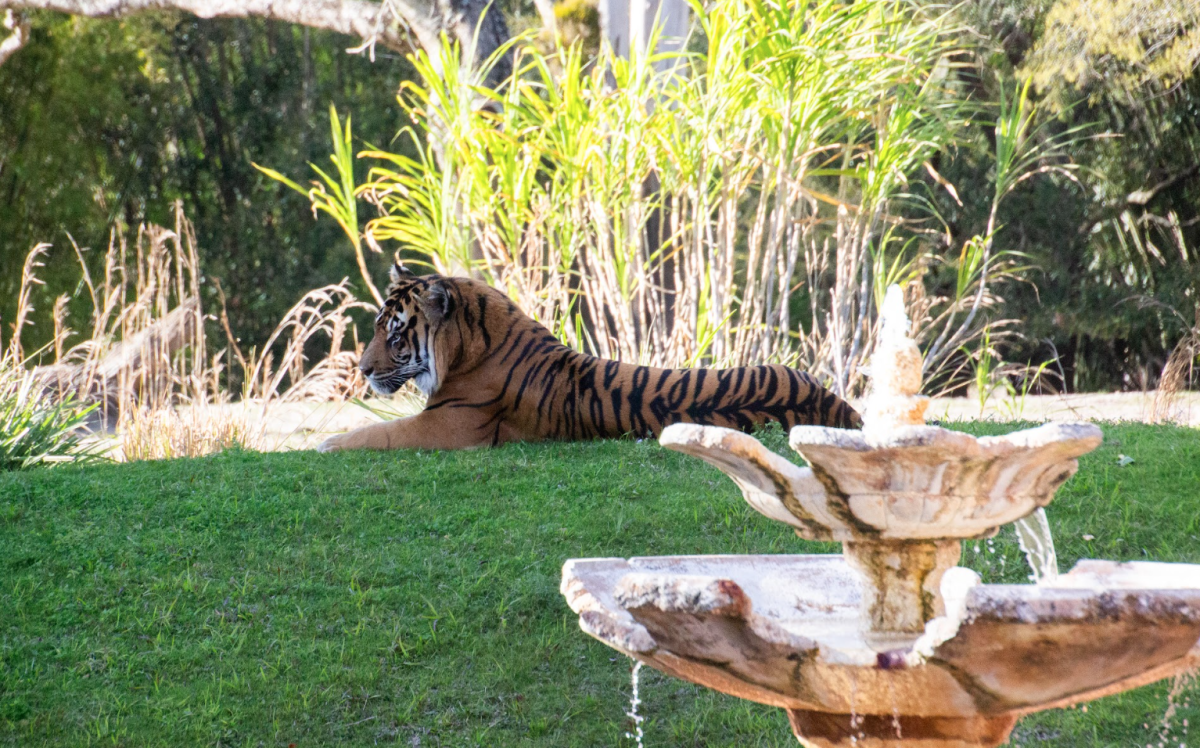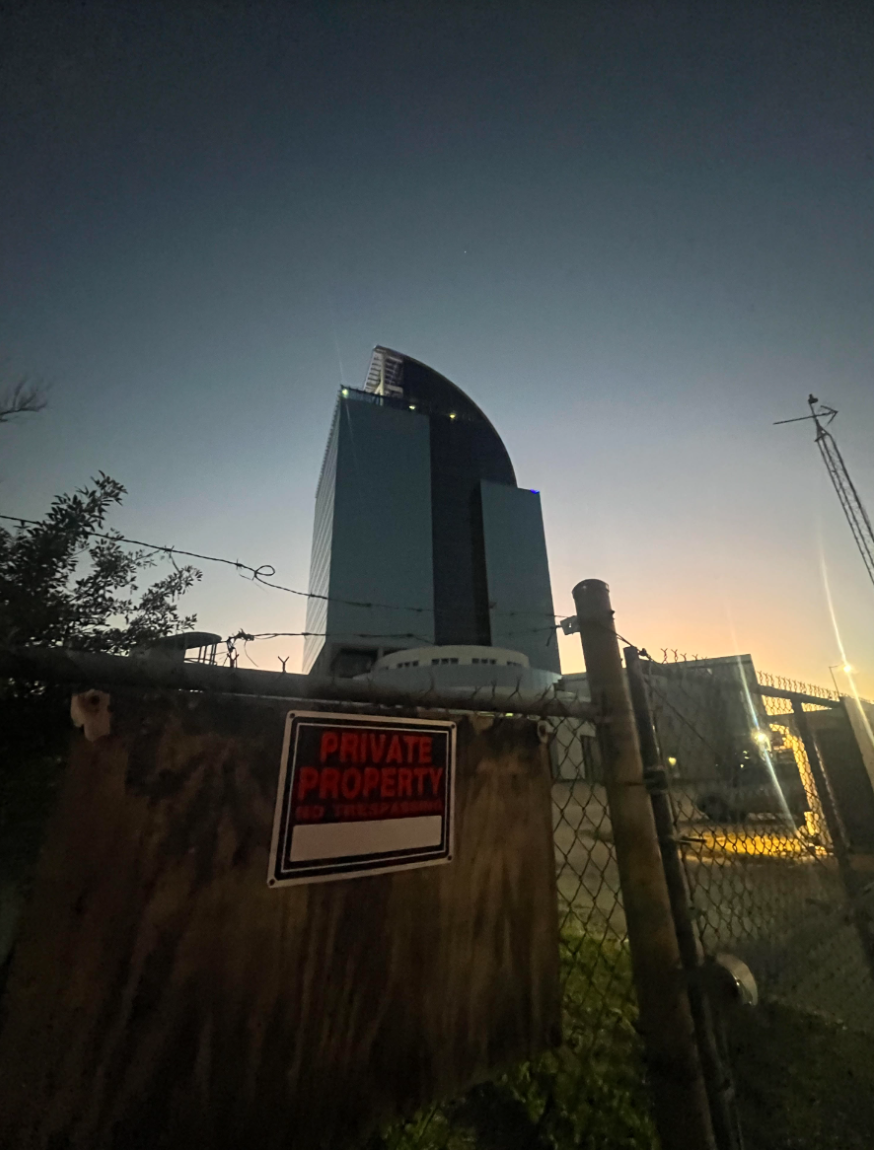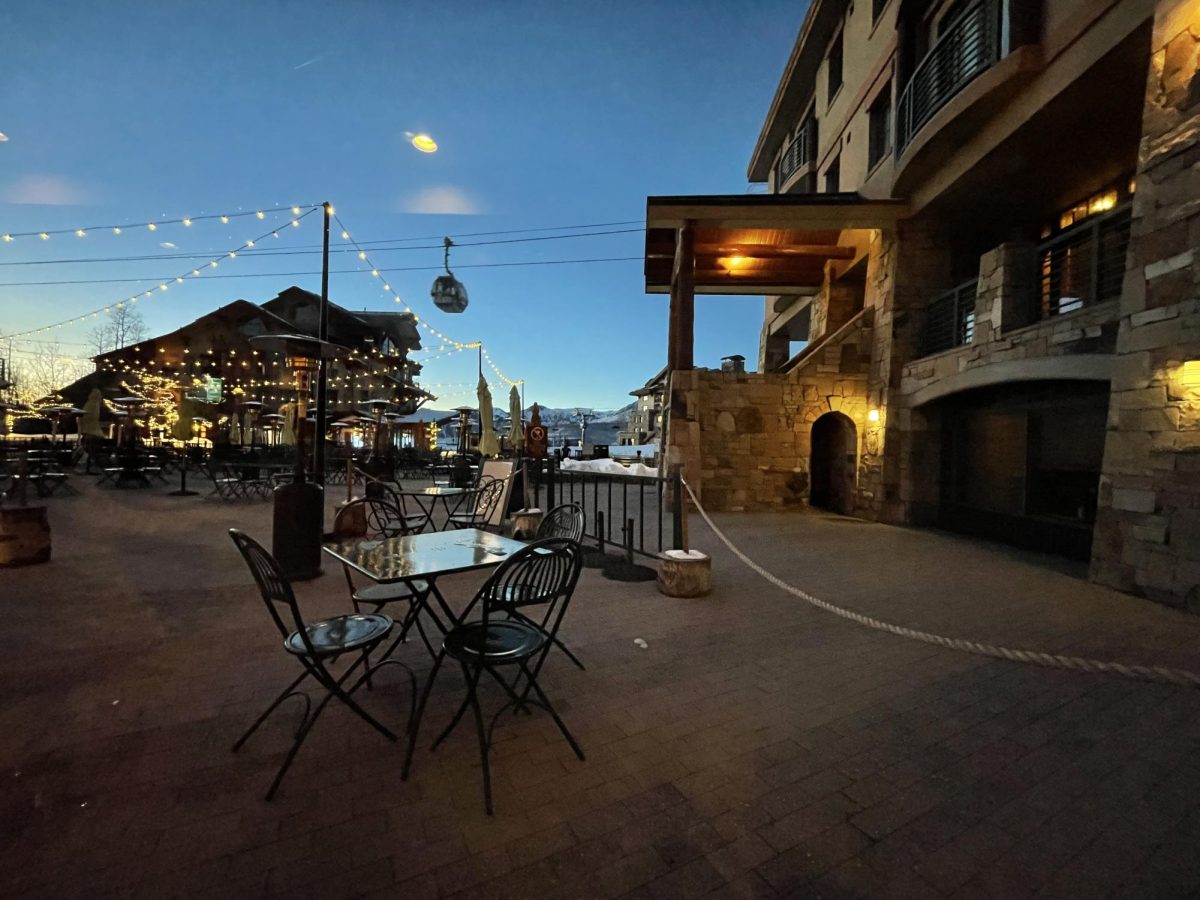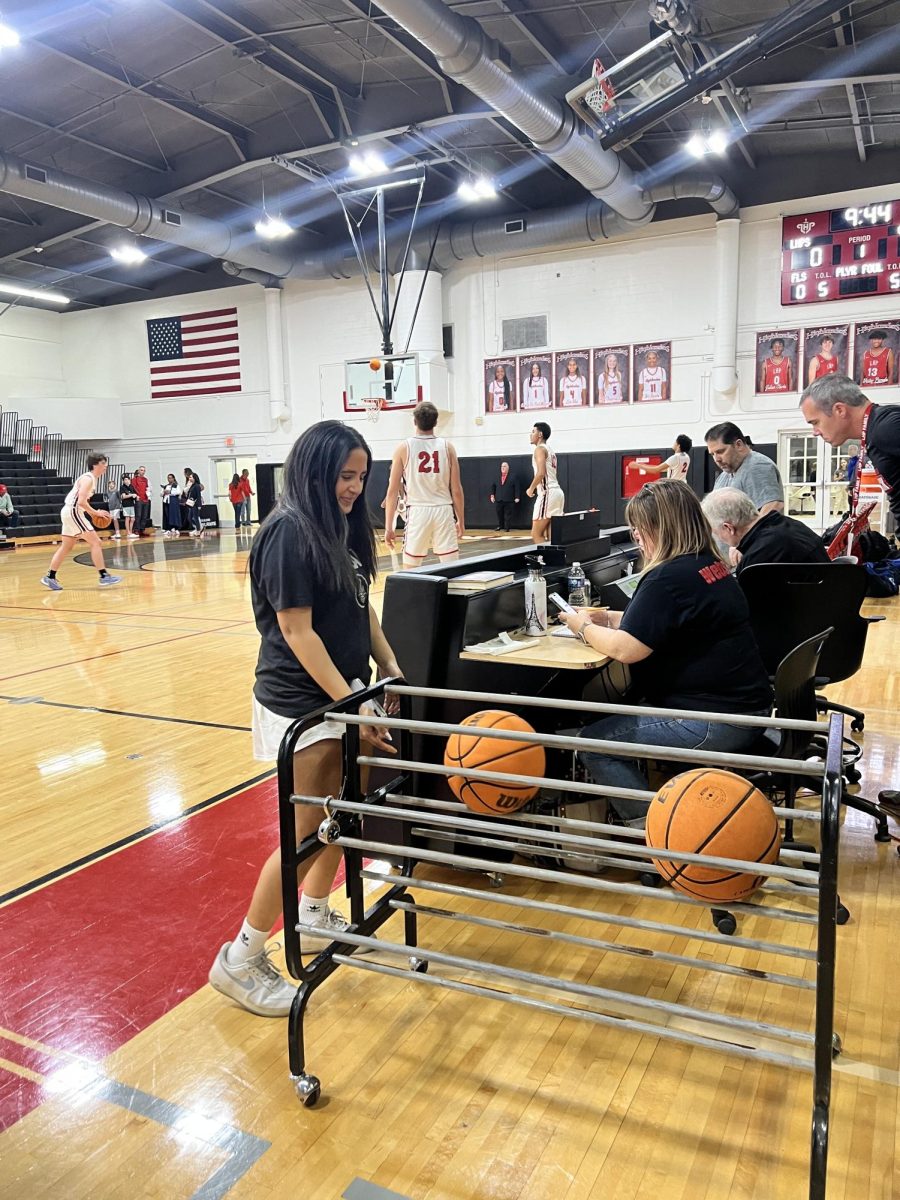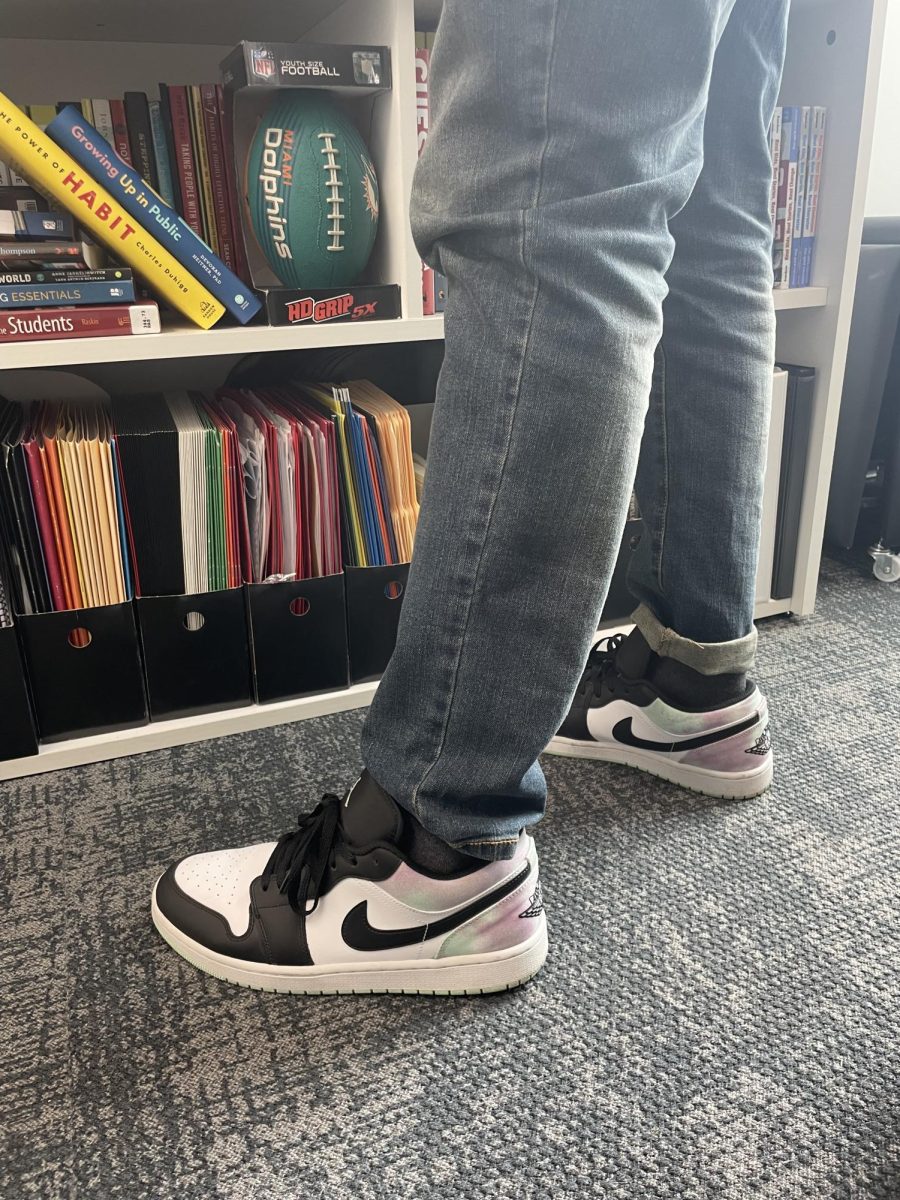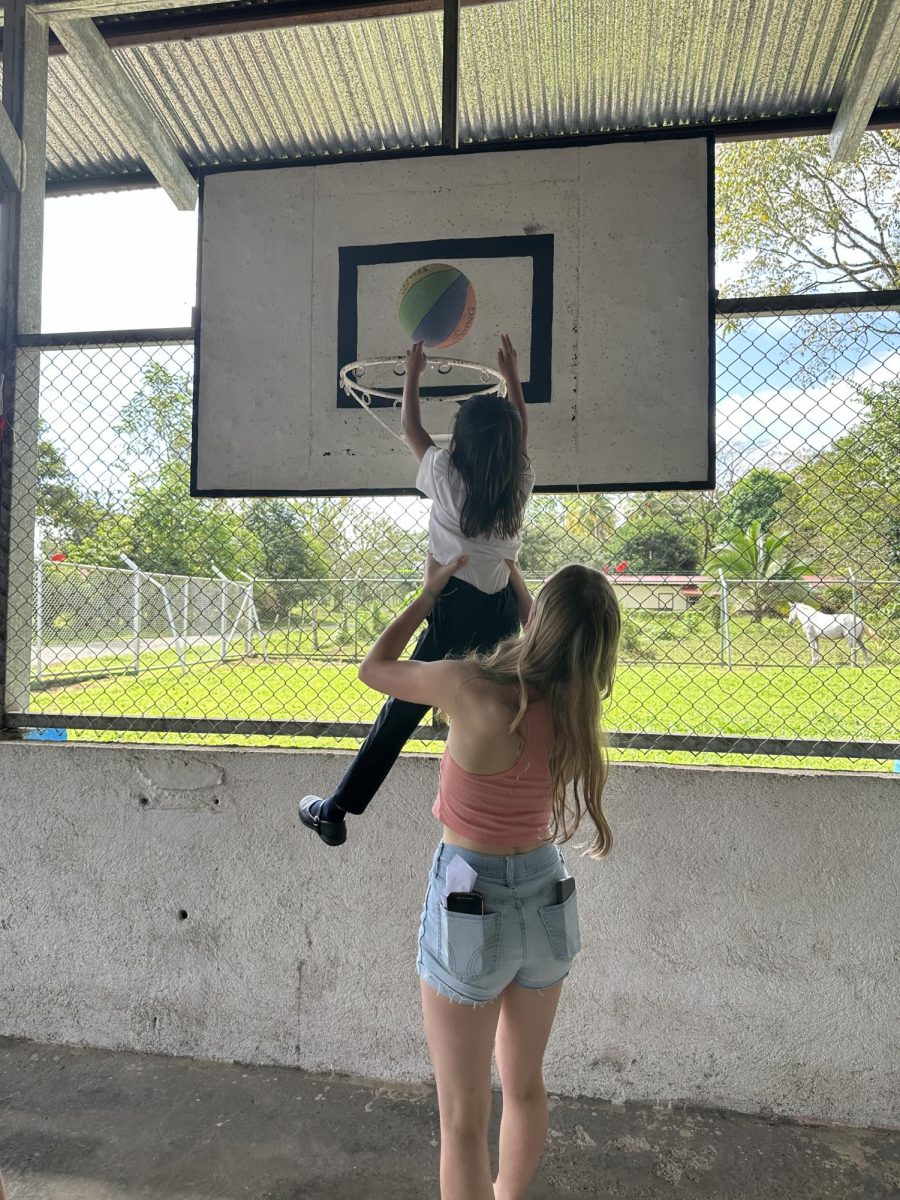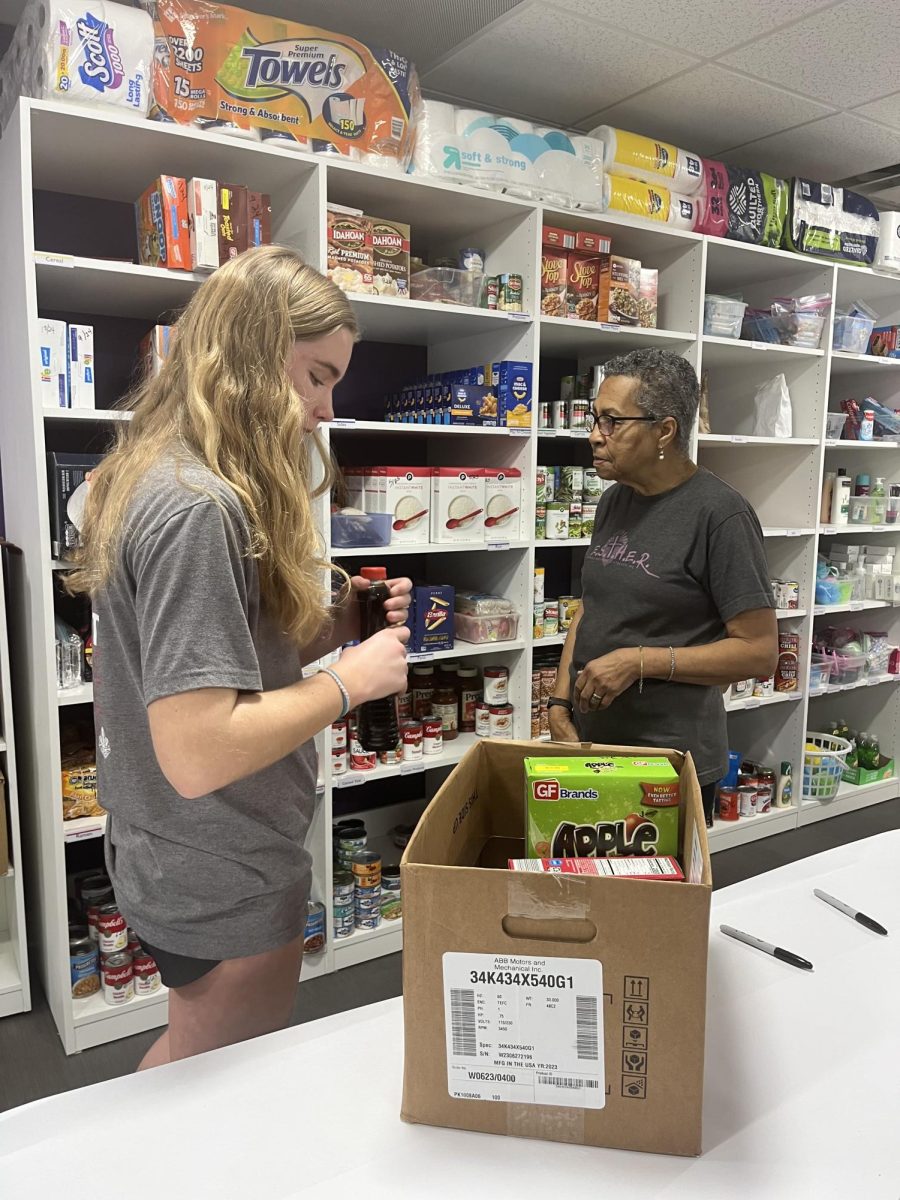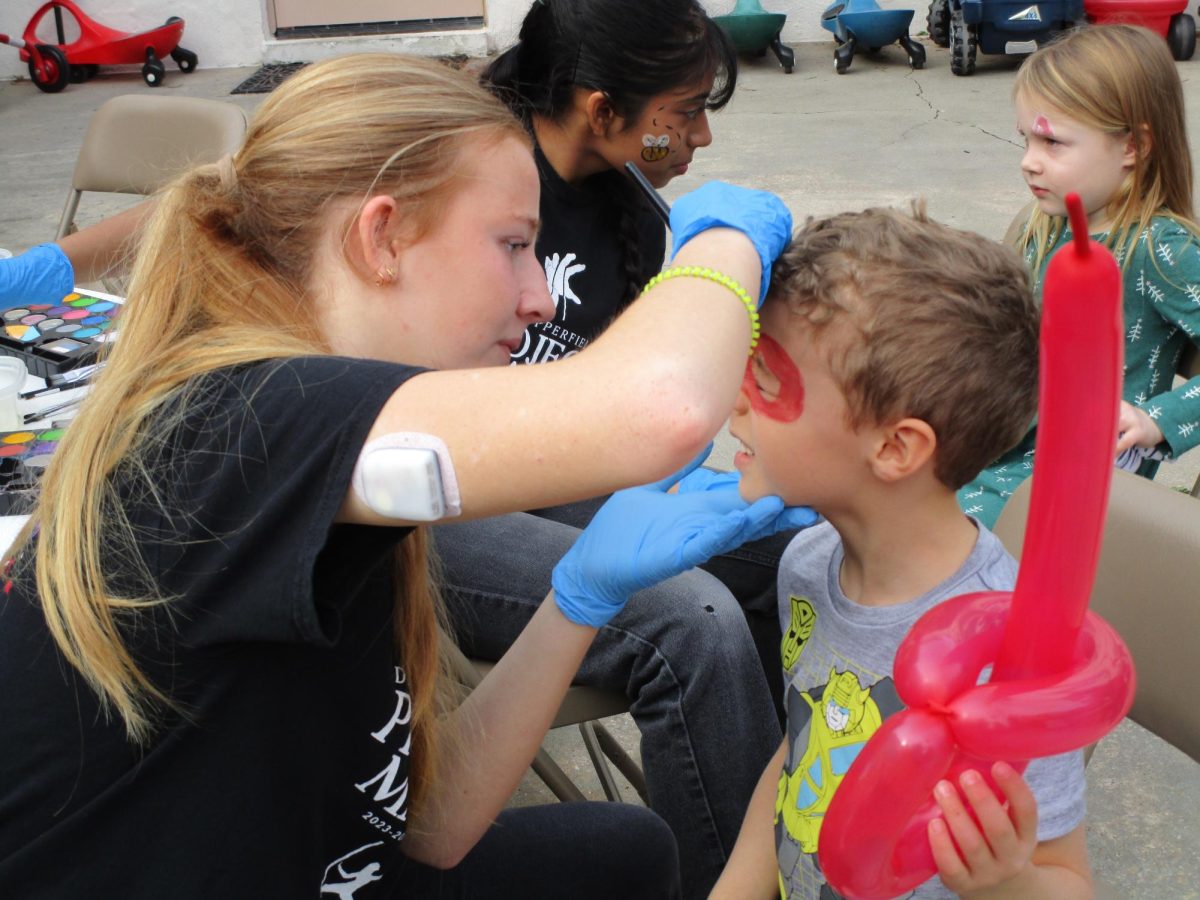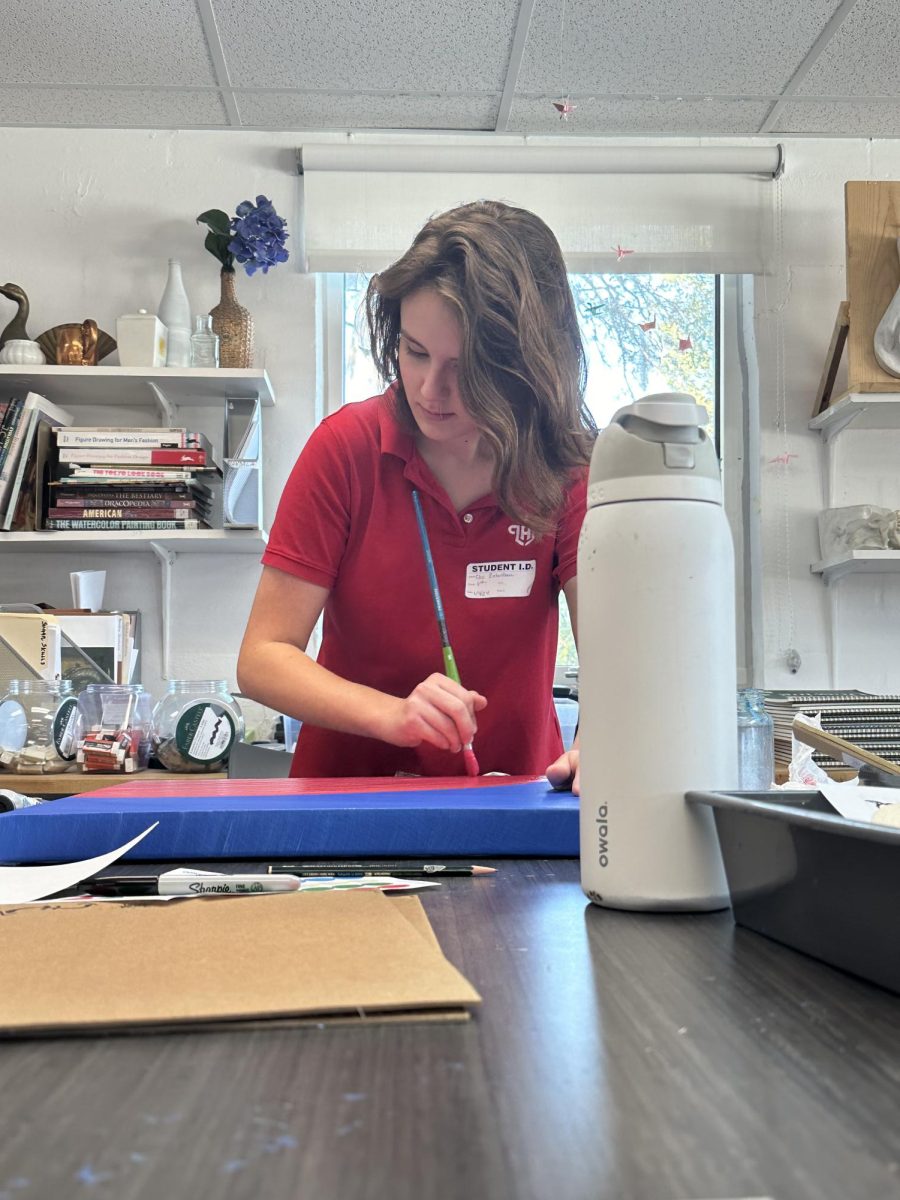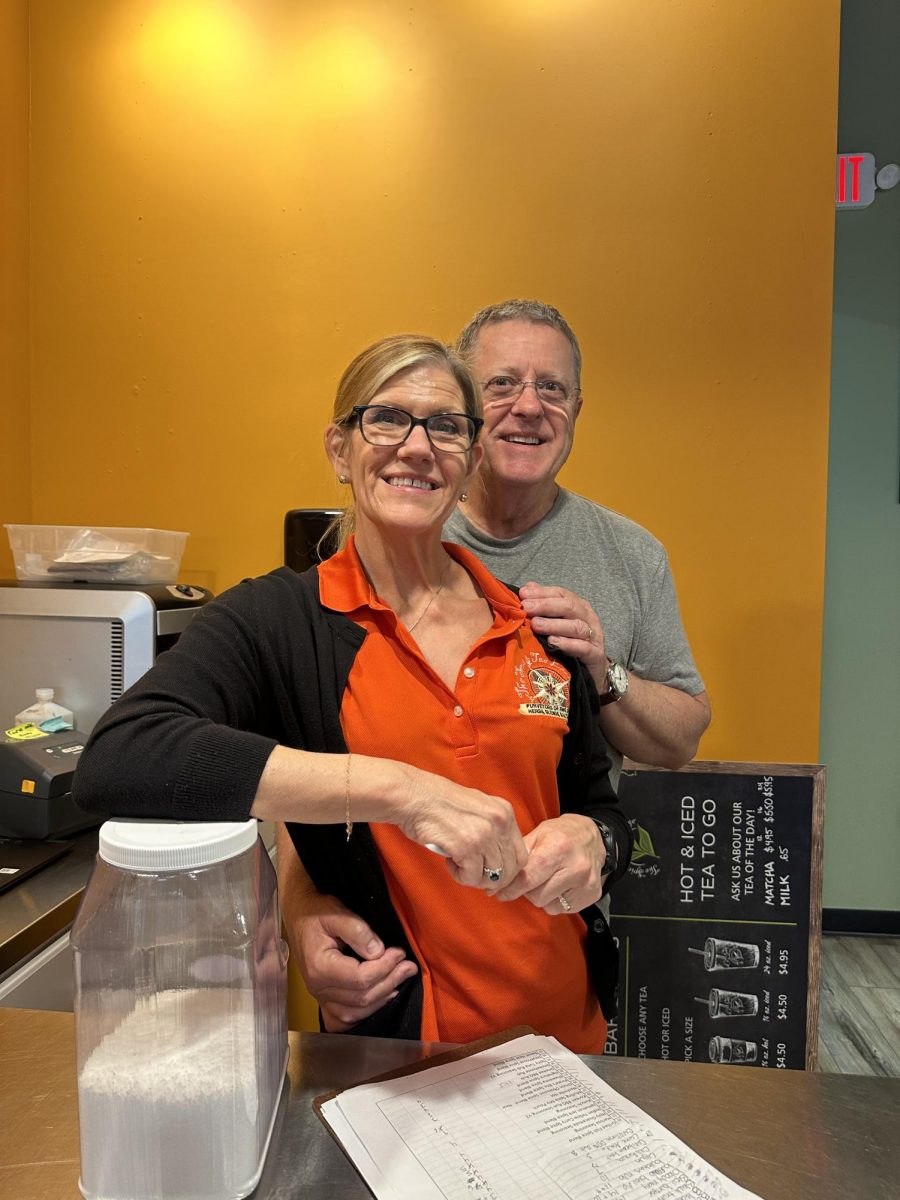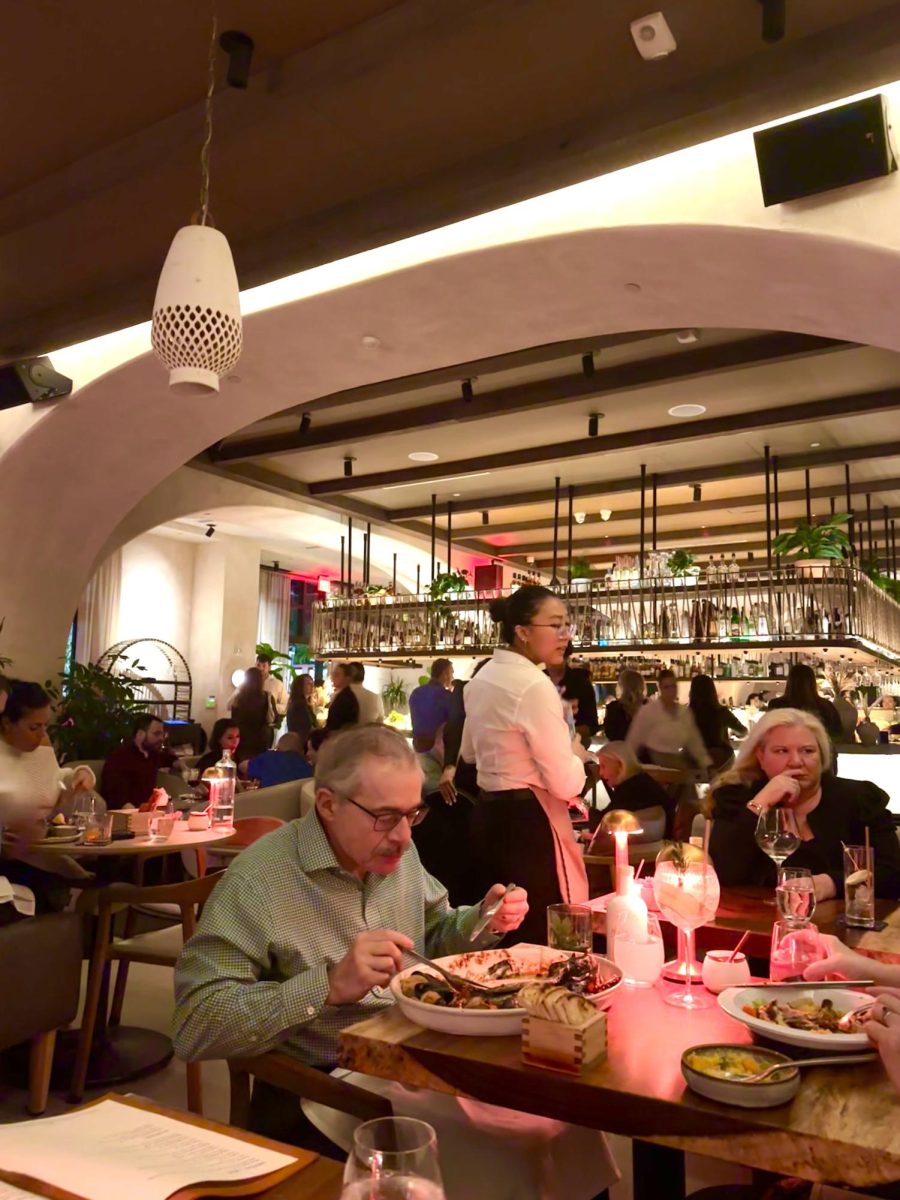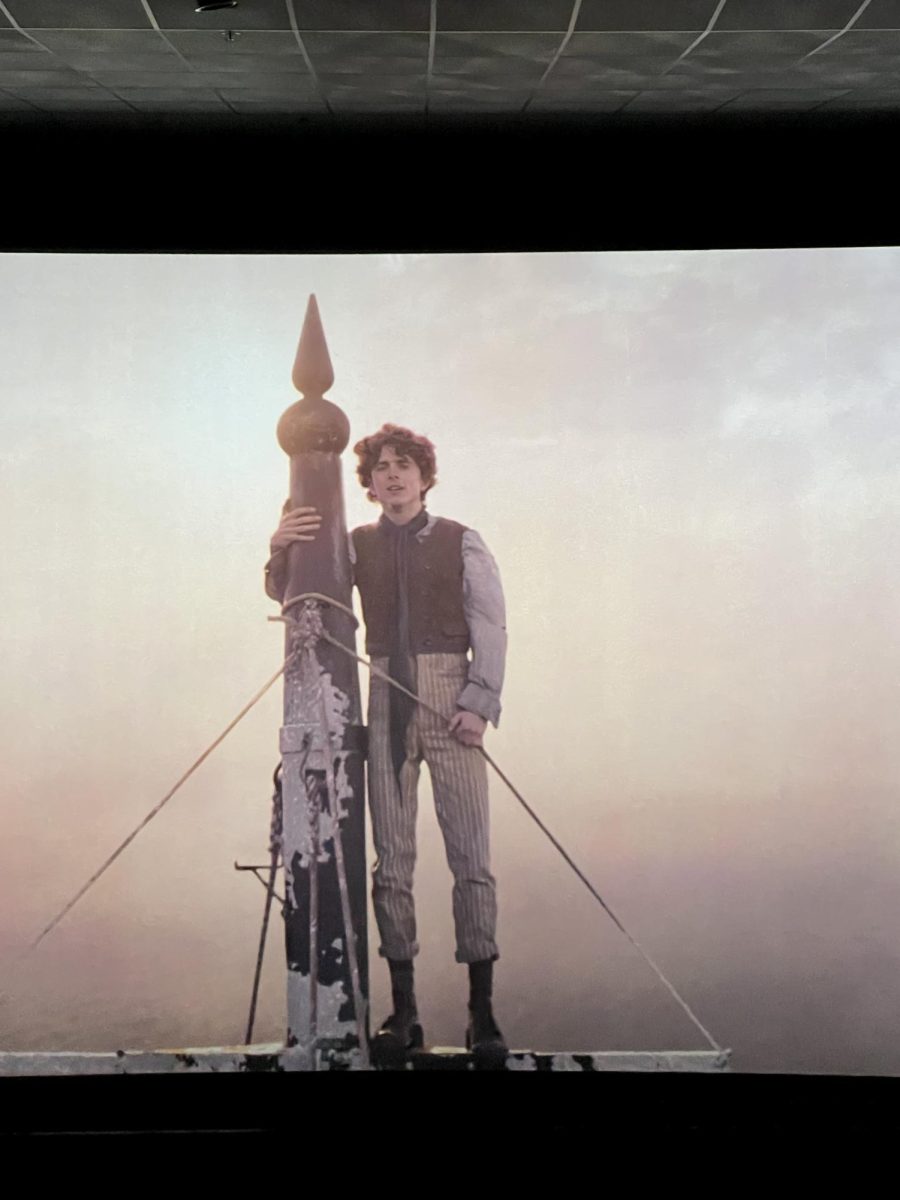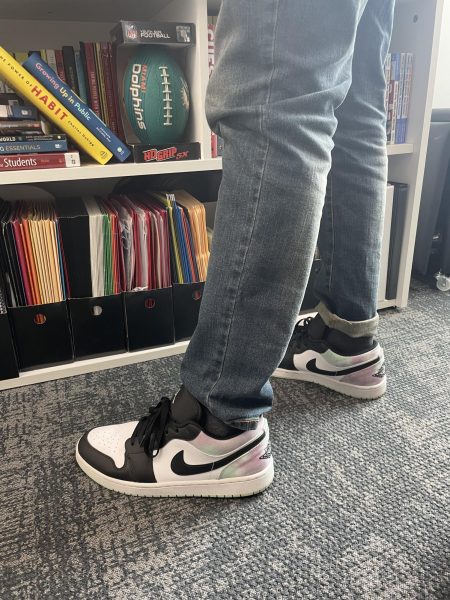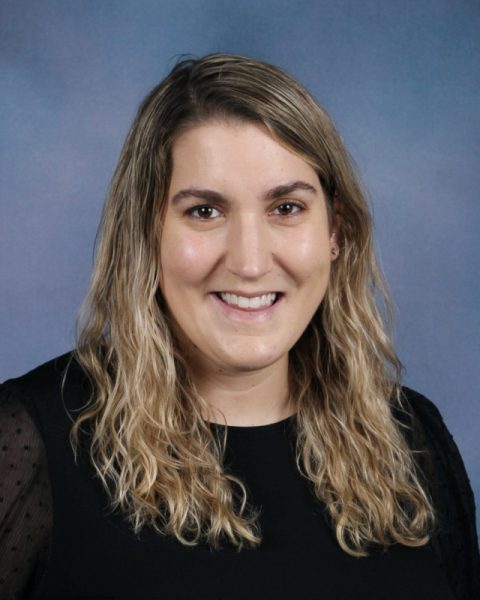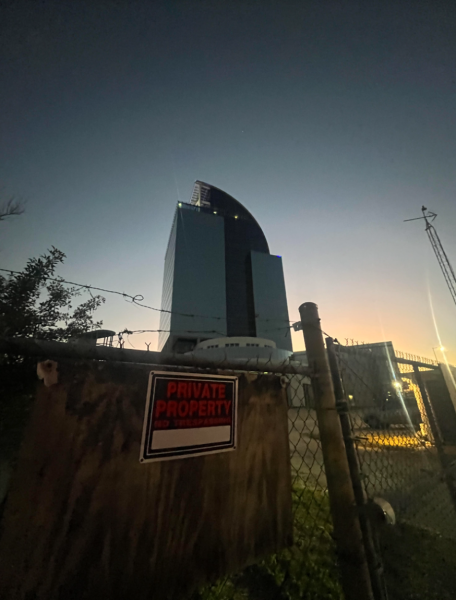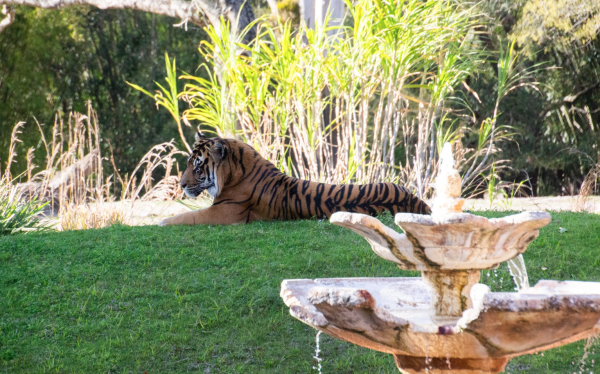Getting a Business Degree at the Dinner Table
October 7, 2022
The teenage transition from child to adult looks different for many. Most learn to drive. Some get their first jobs. Many head off to college. For my family, growing up means taking a role in the business my great-grandfather founded in 1945. My grandfather’s first job at 14 years old was mowing the grass of his dad’s manufacturing facility, where they produced concrete roof tiles and telephone poles. My dad’s first job was driving the trucks and cement mixers around job sites. My first job, entering my Junior year, was devoted to devising strategies with the marketing department to recruit talent and increase employee engagement through social media.
Growing up in an environment where family and business are one and the same creates skillsets and perspectives that cannot be taught. For one, I’ve witnessed the mantra, “A captain never abandons his ship,” firsthand. When my grandfather graduated college, he inherited a company of just four employees that was thousands of dollars in debt. With a lucrative engineering degree from Vanderbilt University, he could have gotten a high-paying job right out of school. But, of course, that’s not how the story goes. He stuck through hardships, and after decades of long days and longer weeks, he turned the company into a success. Today, he serves as Chairman of the Board and has garnered over 800 employees.
Another way the business has shaped my family members and me is by having a passion for what we do. Running a company is an all-consuming process. Business never sleeps, especially when working with foreign investors in India, Japan, or England who look at construction in the Orlando market to diversify their investment holdings. Most of my family has an all-or-nothing attitude towards the business world: they either want nothing to do with it or want to be hyper-involved. My grandfather falls on the ladder end. As he threw his life into the company, it became like his fifth child. After his “retirement” at 70 years old, he shifted his work week from 45 hours to 35 hours. This has taught me the importance of having a passion for what I do because work should not be something one dreads but instead an extension of one’s innate talents and interests.
While there are plentiful benefits to growing up in a family business, the business itself can suffer from such a model. When companies are handed down from generation to generation, tradition takes a strong foothold in the company’s operations. In some industries, this can be a benefit. For winemakers, farmers, and garment makers, the tradition of a craft being held within the same family for generations can make the product seem more valuable. However, for a construction company, there would be no such benefit. In fact, the upholding of tradition in more technical fields can ultimately hold cooperations back as they are less likely to innovate with new technologies. This is something family businesses have to actively fight against to stay marketable. Just because the company has been operating a certain way for decades doesn’t mean it needs to stay that way.
While there may be a lower inclination to adapt, family business models have one edge above the competition. Their model inherently is more focused on long-term goals than a traditional company. While the CEO of Disney, Boeing, or Apple may be focused on goals stretching the length of their personal careers, the CEO of a family business is worried about the success lasting for their children and grandchildren decades after they retire. Family businesses are more likely to center on long-term investments and slow growth. This can also be beneficial in economic depressions such as the financial crisis of 2009 and the pandemic’s economic effects in 2020, as long-term investments are more likely to have the capacity to withstand short-term depressions.
For my life, I’ve known nothing different than dinner conversations centering around the latest real estate projects and the coordination with suppliers. I believe our company has kept my family closer together, especially with extended family. My dad and his three younger siblings all live within a few miles of each other and see each other often. Some see each other every day at work. I’ve worked alongside my cousins and my brother, and we have learned from each other by sharing stories of successful work projects and not-so-successful ones. I’ve witnessed the hard work of my family pay off but also heard stories of when times got tough. My family makes sure we never forget where we came from. In the business world, everything can change overnight. Once multi-million dollar companies can be decimated to rubbish if larger, more innovative competitors swoop in. The 17 years of my life which have been defined by my family’s business have given me optimism, though, that tenacity always prevails.
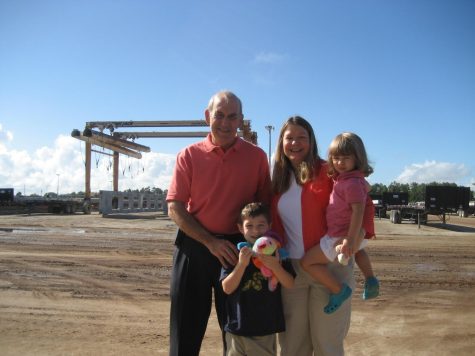
through my family’s construction company, FINFROCK. I had my first
“job” shredding papers, making copies, and taking out the trash for
my dad’s coworkers. I would also walk the halls selling Girl Scout
cookies as an elementary student. Photo courtesy of Sarah Finfrock. (Photo courtesy of Sarah Finfrock.)
